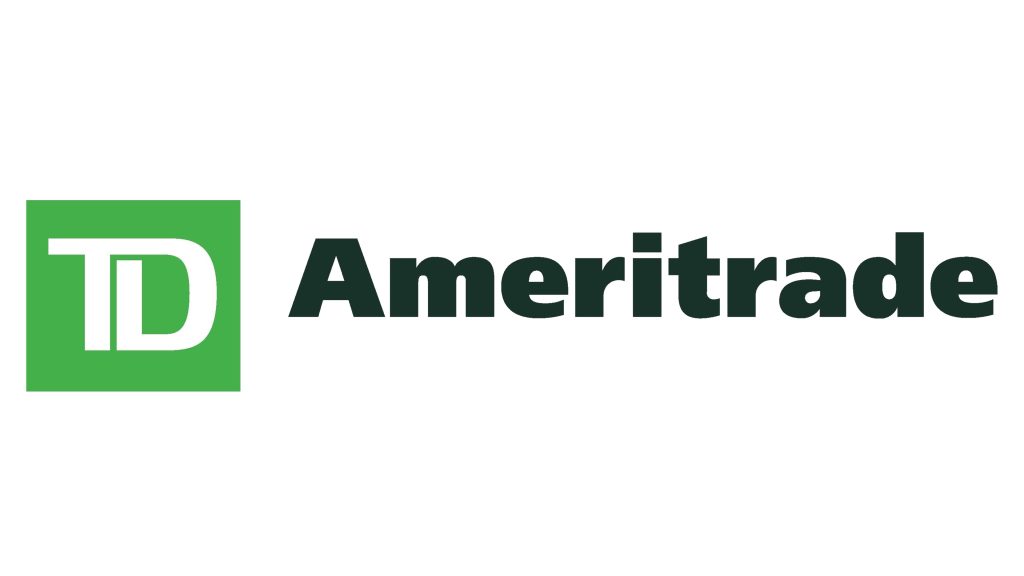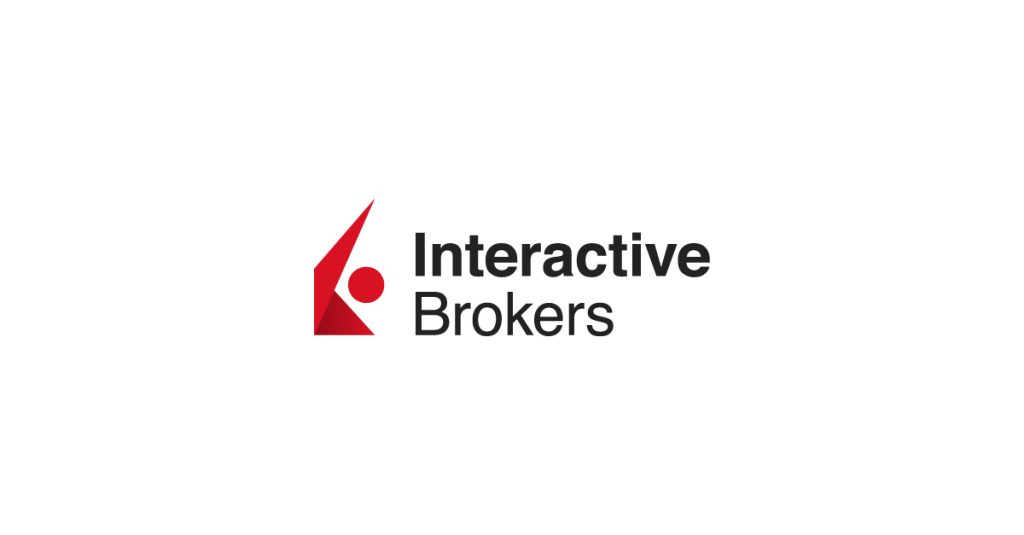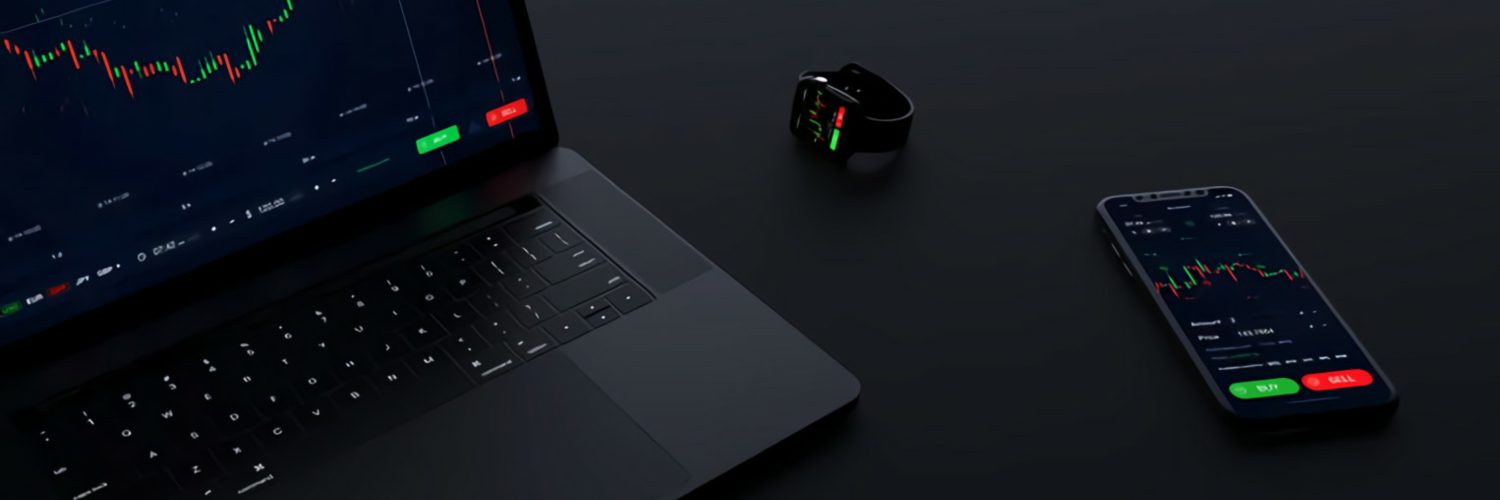Investing in stocks can indeed be profitable. But while stock trading can be beneficial, it also comes with its set of risks. Jumping into stock trading without prior experience can lead to a loss of money. This is why you need paper trading.

So, What Is Paper Trading?
Paper trading is a way for people to trade stocks without risking any money. Using stock-simulated software, you can practice buying and selling stocks and gain experience.
A simulated account works exactly like a real-life brokerage account, except you don’t actually reap any monetary benefits or lose any money. With paper trading, you get to see what your choices would’ve resulted in real life.

How to Get Started With Paper Trading
To get started with paper trading, you need to choose a broker that you’d like to trade with. Most brokers offer a demo account that you can use to practice stock trading before getting in on the live action.
Doing so will allow you to assess your broker’s platform to see how it works and then decide whether you’re okay with investing your money with them. You may even want to try out different demo accounts of different brokers while you’re paper trading.
Advantages of Paper Trading
- It allows you to learn the ropes of stock trading without risking real capital.
- It allows you to try different strategies to see which is and isn’t profitable.
- It is a great way to build experience with stock trading.
Disadvantages of Paper Trading
- Depending on the market condition (bull market or bear market), paper trading can either make you excessively confident or make you unsure of yourself.
- Many traders believe paper trading to be significantly different from live training and that it could hurt your trading experience.

What Are Some of the Best Paper Trading Websites?
- TD Ameritrade
TD Ameritrade is one of the best stock brokers of repute. It offers an advanced stock market simulator. The demo account includes resources that you can take advantage of while paper trading.
The platform also allows access to other tools and data, and you can experiment with assets like futures and forex.
- Interactive Brokers
A demo account with Interactive Brokers allows you access to all the tools available in a live brokerage account. It also allows access to the platform’s research and resources. Although it’s a bit difficult to understand, the platform offers more tools than those designed for retail traders.
- Webull
Webull is pretty new and offers only options and stock trading. A demo account on Webull gives you access to all the available features on desktop and mobile. Although the features offered are not as many as other platforms, it is very easy to use.





Add comment